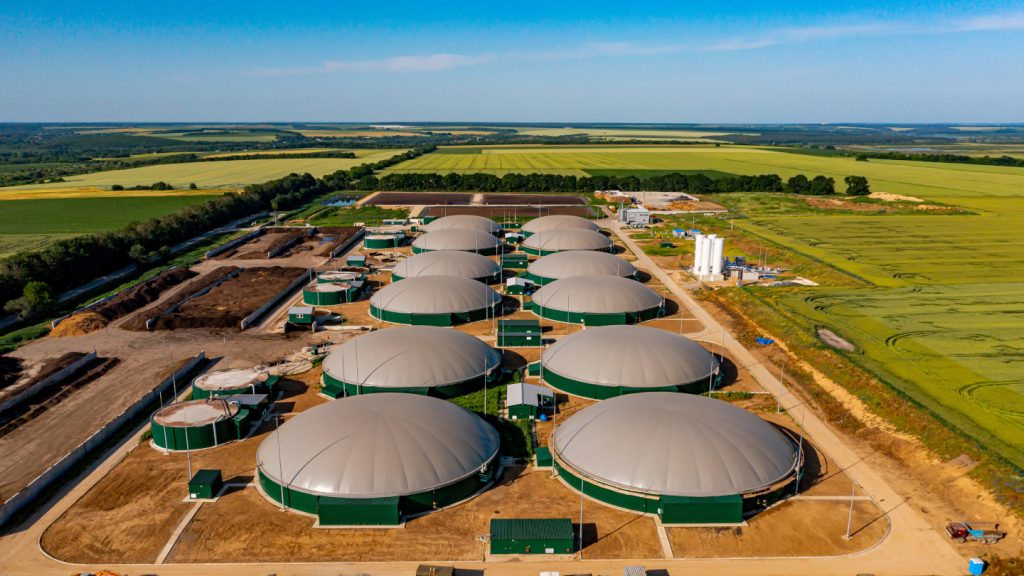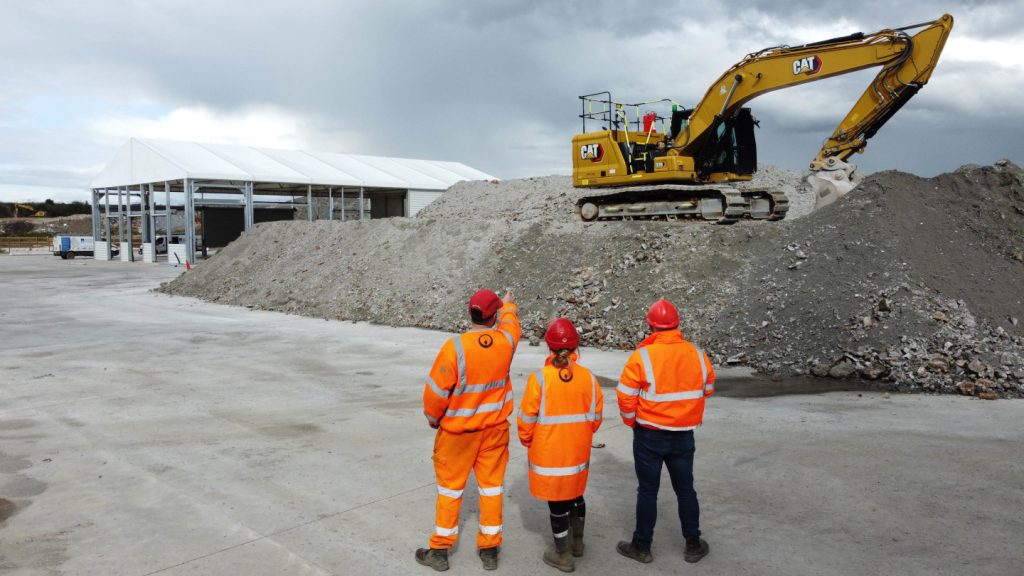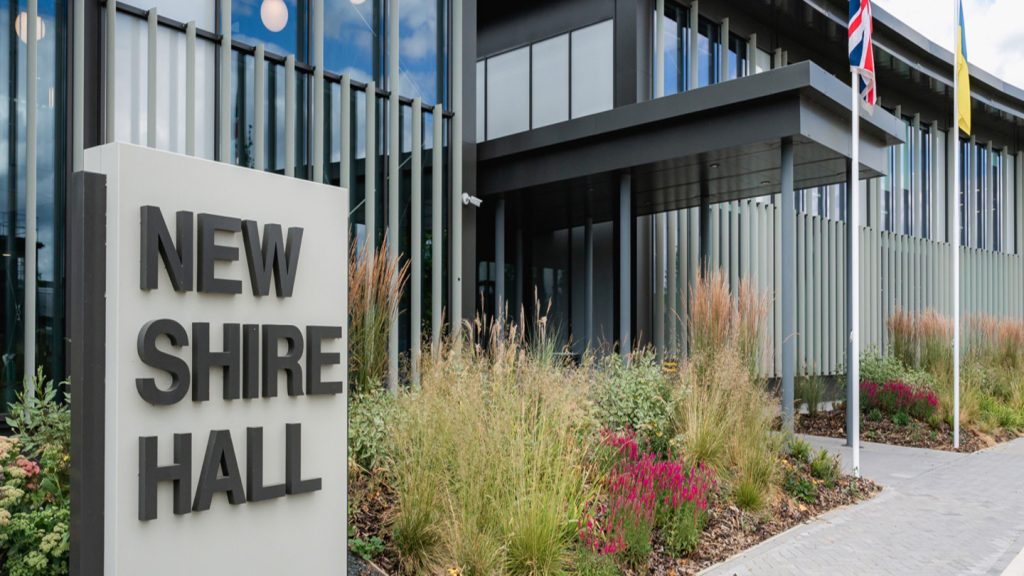McDermott has secured a master services agreement with Willis Sustainable Fuels (UK) for sustainable aviation fuel (SAF) facilities in the UK.
The company will be responsible for conducting services related to early engineering, procurement and construction (EPC) for these facilities.
The initial phase involves early engineering of Teesside’s SAF facility, capable of producing 50,000 litres per day.
This project is bolstered by the UK Government's Advanced Fuels Fund, with the aim to negotiate the EPC scope exclusively by 2025.
The Teesside facility will be a significant step towards sustainable aviation, with the technology deployed being Biogas-to-Liquid (BtL) or Power-to-Liquid (PtL), contingent on the feedstock.
The collaboration between McDermott and its construction partner, Bilfinger UK, is set to leverage their combined expertise, self-perform delivery capabilities, and the UK supply chain.
McDermott's London office will spearhead the project, with additional support from its Gurugram office in India, and Bilfinger's office in Warrington.
WSFL's parent company Willis Lease Finance Sustainable Aviation & Corporate Development senior vice president Amy Ruddock said: "Our partnership with McDermott on one of the UK's most advanced sustainable aviation fuel projects represents a key milestone in our ongoing efforts to lead the way in aviation decarbonisation. This collaboration underscores our commitment to working with industry leaders who share our vision for a cleaner, more sustainable future."
McDermott Low Carbon Solutions business senior vice-president Rob Shaul said: "This agreement is testament to McDermott's expertise in integrating design, fabrication and installation, and our capabilities across low carbon solutions.
“We are well positioned to offer WSFL a self-perform EPC model via our strategic relationship with Bilfinger UK, which is expected to further reduce risk and drive cost optimisations."
Earlier in November 2024, McDermott's subsidiary CB&I was awarded a contract for the engineering, procurement, and construction of two welded diesel tanks, each with a working capacity of ten million litres, at Viva Energy's facility in Newport, Melbourne, Australia.















